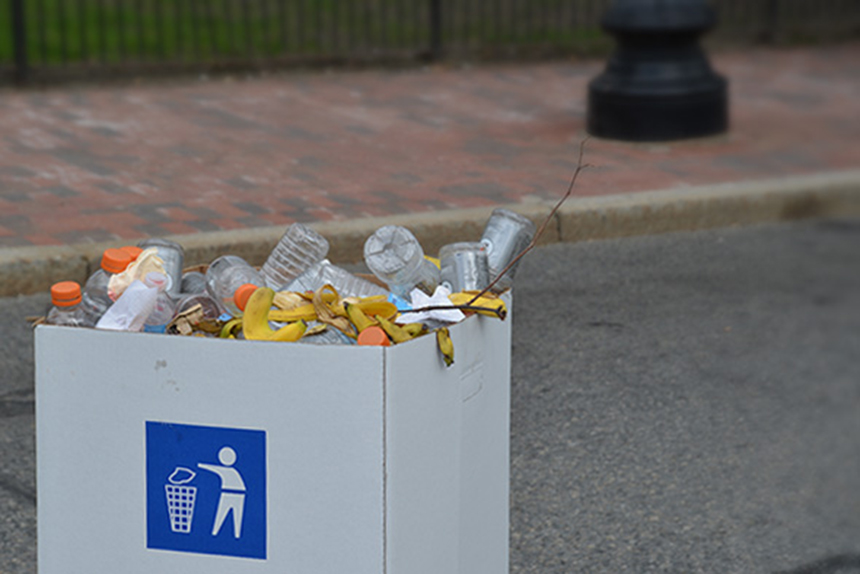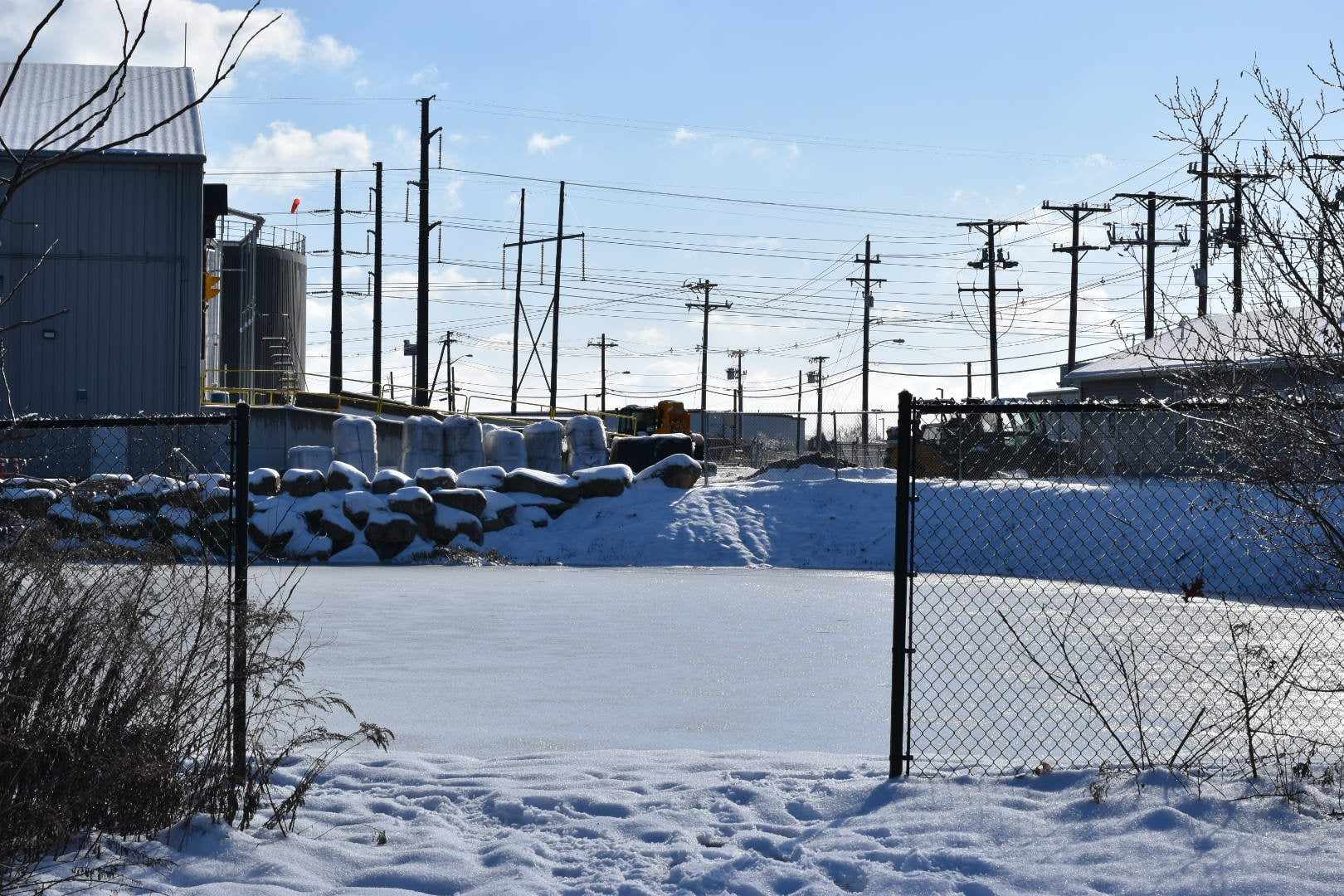Providence Bag Ban Clears Subcommittee Hurdle
February 27, 2018
PROVIDENCE — The City Council has taken a step closer to enacting a bag ban after a subcommittee recently endorsed the proposal, 4-0.
No one on the Ordinances Committee objected to a prohibition on thin-plastic retail bags, but there was discussion about the impact the ban could have on the elderly and low-income residents.
“I don’t want the (cost) to effect the people in my neighborhood,” said council member Carmen Castillo, who represents the 9th Ward.
Council member Mary Kay Harris said bag-ban planning meetings made it difficult for residents of Ward 11 to participate in the discussions. A bag ban might also create a hardship for people who don’t have a vehicle to store their reusable bags, she added.
“I’m just really concerned for the voices that are not at the table and cannot meet at 7:30 in the morning,” Harris said.
Council member Jo-Ann Ryan, sponsor of the bag-ban ordinance, said residents will still be able to buy thicker reusable plastic bags that are easier to carry than paper bags.
Ryan noted that there will always be reasons why the city shouldn’t adopt a bag ban.
“The reality is we are way behind the eight ball here,” Ryan said. “We should have been here a long time ago. We can’t continue to fight and push and argue that we need this. … We have to start someplace.”
The Providence bag ban differs from bans enacted in Barrington, Block Island, Jamestown, Newport and Middletown because it requires the retailer to charge a minimum fee of 10 cents per paper bag or for thicker reusable plastic bags.
The fee is a financial reminder for shoppers to bring their reusable bags, Ryan said.
“The point of this bill is to say every single place in the city doesn’t give out free bags, every place in the city is going to charge a dime,” said Deborah Schimberg of South Providence, who heads the citizens’ group Zero Waste Providence. “So it’s going to make all of us change our behavior.”
Ryan said the city uses 9.5 million bags annually and loses some $1 million annually because of discarded plastic bags that clog storm drains. The city is also charged when residents unwittingly put plastic bags in their recycling bins. A high number of plastic bags in a recycling truck contaminates the load, turning recycling to trash, which is then dumped in the landfill for a fee. There is no charge for unloading recycling at Rhode Island Resource Recovery Corporation, the operator of the state’s primary recycling center, in Johnston.
Ryan said retailers and grocery stores have adjusted to bag bans across the country and around the world. The Providence ordinance allows stores to recover any lost revenue by charging a fee for paper and reusable bags.
“There are numerous studies that basically show that if you don’t have a fee for that bag it won’t change behaviors,” Ryan said.
Zero Waste Providence intends to hold meetings with city council members in their respective wards to educate the public about the bag ban and encourage use of reusable bags. The group also hopes to raise money to give away 100,000 reusable bags to low-income residents.
At last week’s meeting, John Berard of Clean Water Action presented a jar of water taken from the Providence River containing fragments of plastic, called microplastics.
“When we think about plastic pollution, especially in oceans, we think about gyres in the Pacific and Atlantic, we don’t think about Narragansett Bay, the Seekonk River and the Woonasquatucket River,” Berard said, referring to the tainted jar of murky water.
Ultimately, the Ordinances Committee agreed that the bag ban was long overdue.
The ordinance heads back to the full City Council for two public hearings. The council is expected to vote on the ordinance at its April meeting. The ban would take effect 12 months after approved.
So far, 11 of the 15 City Council members have endorsed the bag ban, as has Mayor Jorge Elorza. Only eight Council votes are needed to pass the ordinance.
Categories
Join the Discussion
View CommentsYour support keeps our reporters on the environmental beat.
Reader support is at the core of our nonprofit news model. Together, we can keep the environment in the headlines.
We use cookies to improve your experience and deliver personalized content. View Cookie Settings



